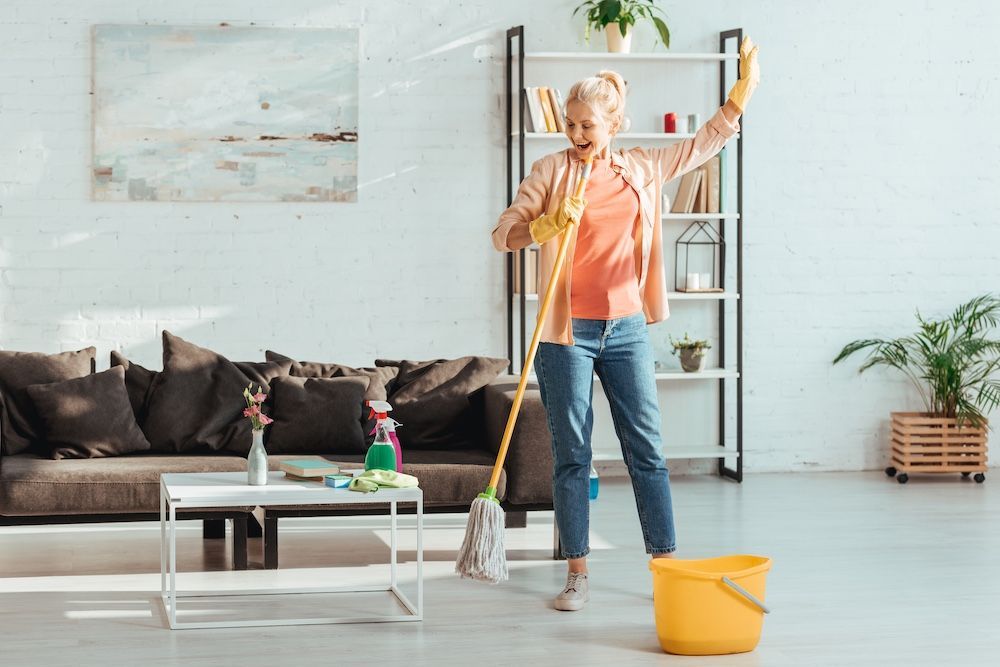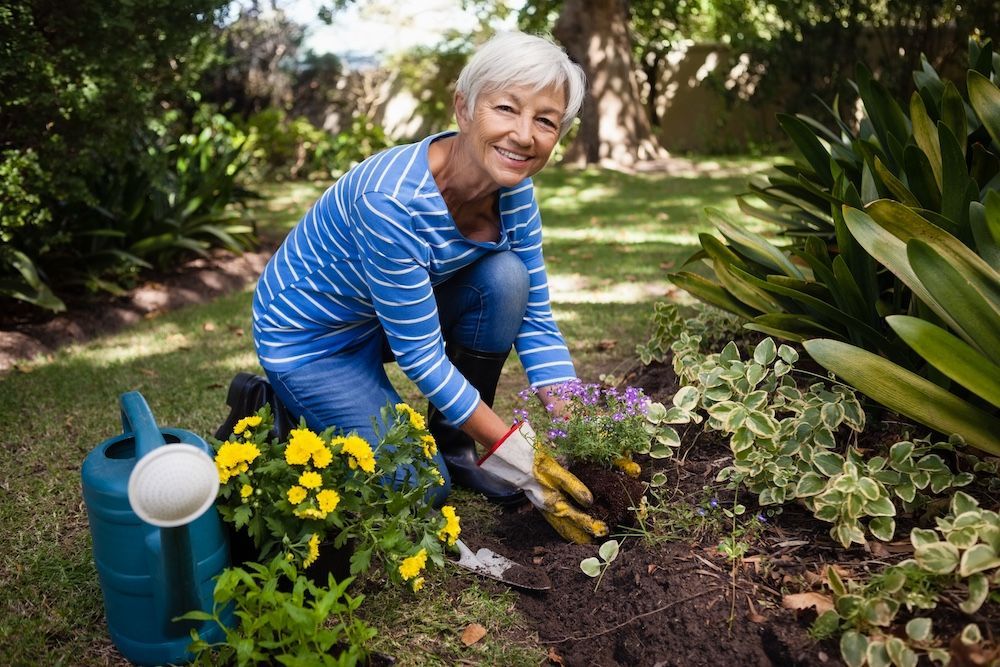By Claudia Loens
•
March 12, 2025
Gardening isn’t just about growing flowers and vegetables —it’s about nurturing your mind, body, and spirit. For seniors, gardening offers a wonderful way to stay active, reduce stress, and improve overall well-being. Whether you have a large backyard or a small patio with potted plants, spending time with your hands in the soil can bring surprising benefits. Here are five ways gardening is especially good for seniors. 1. Improves Physical Health Gardening is a low-impact form of exercise that helps seniors stay physically active without putting too much strain on the body. Activities like digging, planting, watering, and weeding engage various muscle groups, improving strength, flexibility, and coordination. According to the Centers for Disease Control and Prevention (CDC), gardening for just 30 minutes a day can help lower the risk of heart disease, stroke, and obesity. Benefits include: Improved hand-eye coordination Increased strength and flexibility Better balance, reducing the risk of falls To make gardening more comfortable, consider raised garden beds or ergonomic tools designed for seniors to reduce strain on the knees and back. 2. Boosts Mental Health and Reduces Stress Gardening has been shown to lower cortisol levels (the stress hormone) and boost mood. The calming nature of being outdoors, feeling the sun on your face, and connecting with nature helps reduce feelings of anxiety and depression. The repetitive, mindful actions of tending to plants promote relaxation and a sense of accomplishment. Studies have also found that exposure to natural light and fresh air increases the production of serotonin, the "feel-good" chemical in the brain. Even a short time in the garden each day can help seniors feel more grounded and peaceful. 3. Enhances Cognitive Function Gardening engages the brain by encouraging problem-solving, planning, and creativity. Deciding what to plant, remembering how to care for different types of plants, and troubleshooting issues like pests or overwatering keep the mind active and sharp. Research has shown that seniors who garden regularly experience slower cognitive decline and have a lower risk of developing dementia and Alzheimer's disease. The combination of physical activity, sensory stimulation, and mental focus creates a powerful recipe for maintaining brain health. 4. Encourages Social Connection Gardening can be a social activity, too! Community gardens and neighborhood gardening clubs offer opportunities to connect with others, share tips, and build friendships. Seniors who engage with others regularly tend to have higher levels of happiness and lower rates of loneliness. Invite friends or family members to help with your garden or share your produce with neighbors. Bonding over a shared interest like gardening creates a strong sense of belonging and purpose. 5. Provides a Sense of Purpose and Accomplishment Watching a seed grow into a thriving plant is incredibly rewarding. Gardening gives seniors a sense of purpose, which is especially important during retirement when daily routines can shift. Nurturing a living thing, whether it’s a tomato plant or a rose bush, creates a feeling of achievement and pride. Seniors who feel a sense of purpose tend to have better mental and physical health, and gardening is an excellent way to foster that feeling. Plus, harvesting your own vegetables or cutting fresh flowers for your home brings a sense of satisfaction like no other! Tips for Seniors to Make Gardening Easier: Use lightweight tools with easy grips. Consider raised garden beds or vertical planters to reduce bending and kneeling. Create a comfortable sitting area where you can rest and enjoy your work. Focus on low-maintenance plants like succulents, perennials, and herbs. Garden during the cooler parts of the day to avoid heat and dehydration. Start Small and Enjoy the Process Gardening doesn’t have to be complicated or time-consuming to be rewarding. Start with a few easy plants and gradually expand as you feel more comfortable. Remember, the goal isn’t perfection—it’s to enjoy the process and the benefits that come with it. Gardening is truly one of the best ways for seniors to stay active, connected, and happy. So put on those gardening gloves, grab a watering can, and start planting! Your mind and body will thank you.




